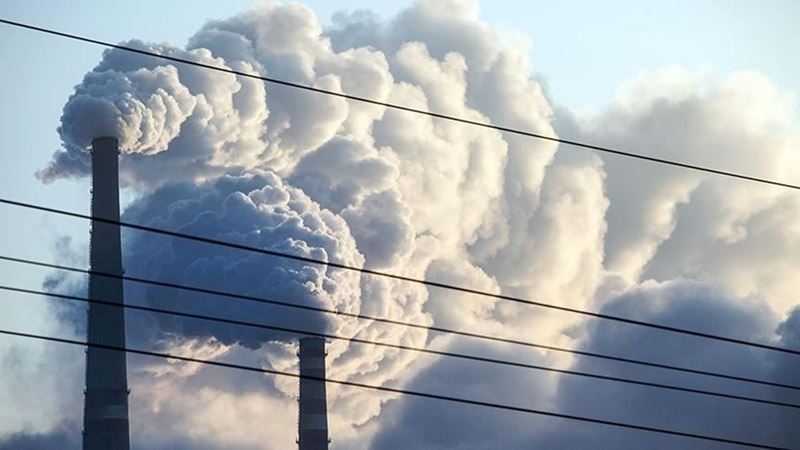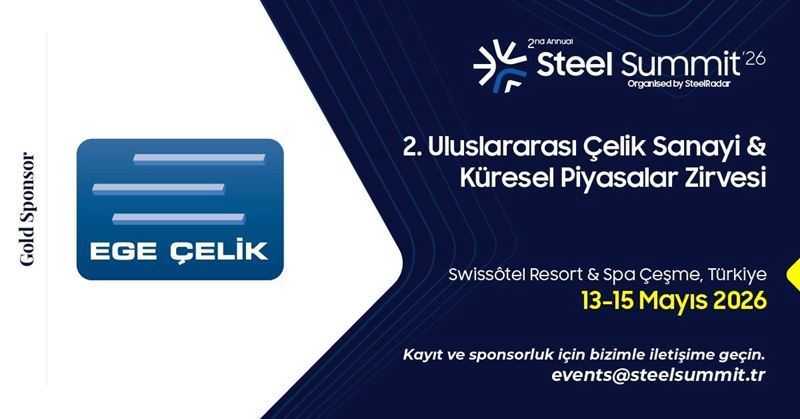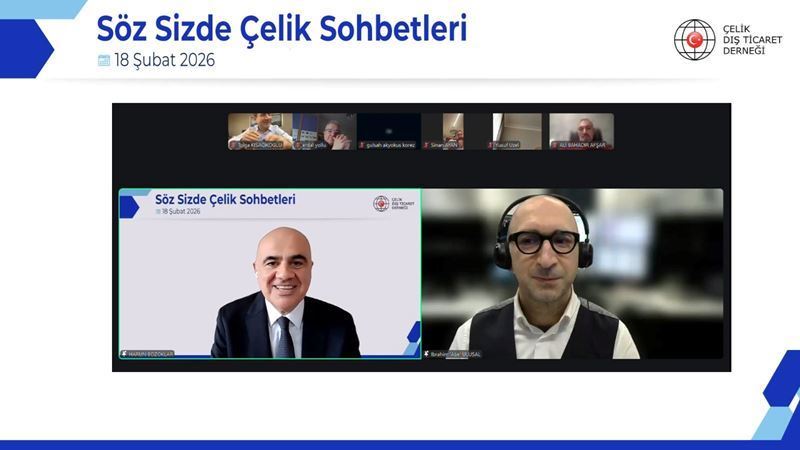In a statement made in Brussels, Hoekstra provided information about the EU's Border Carbon Adjustment Mechanism (CBAM), which is currently in a transitional phase and is scheduled to be fully implemented by the beginning of 2026. This mechanism aims to align the carbon prices paid for EU products with those paid for imported goods, establishing responsibilities for importers in carbon-intensive sectors.
EU Plans to Narrow CBAM Scope
Hoekstra noted that evaluations show nearly all emissions under the border carbon tax are generated by only 20% of the relevant companies. Consequently, the EU is considering limiting the CBAM to the largest importers.
As part of efforts to reduce bureaucracy and increase productivity, Hoekstra expressed a goal to exempt most businesses from the CBAM compliance process and its associated costs, particularly aiming to ease the burdens on small and medium-sized enterprises.
Full Implementation Scheduled for 2026
Under the CBAM, which will apply to carbon-intensive sectors such as cement, iron and steel, aluminum, fertilizers, electricity, and hydrogen imports, EU importers will need to report the volume of products and the greenhouse gas emissions generated during production at this stage. The EU continues its work on developing a methodology for the final phase set to begin in 2026.
Starting from 2026, importers will be required to purchase and submit a number of CBAM certificates corresponding to the greenhouse gas emissions of their products. If a comparable carbon pricing mechanism is in place, exports to the EU can be made without additional costs.
CBAM Faces Global Criticism
The EU's CBAM initiative is facing strong criticism from countries like the United States and India, which argue that the mechanism undermines fair competition in international trade.
Moreover, companies within the EU also find the Union's sustainability and environmental policies to be complex and costly. The EU Commission is working on a package that includes simplifying various policies to improve the business environment and enhance competitiveness. It is anticipated that proposed changes to the CBAM could be included in this package.











Comments
No comment yet.